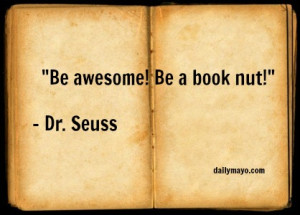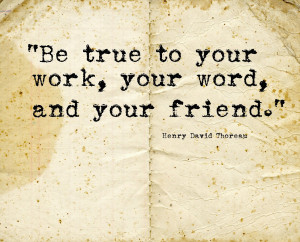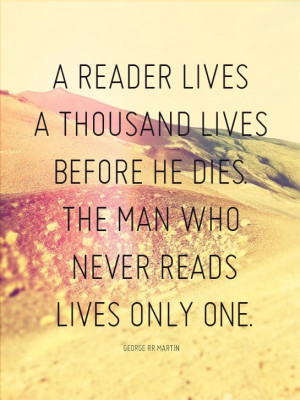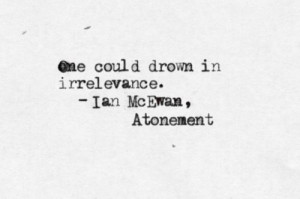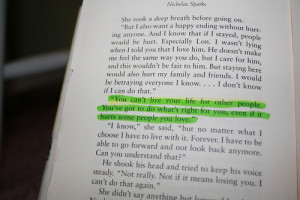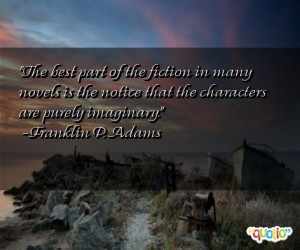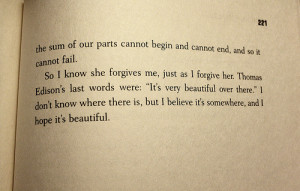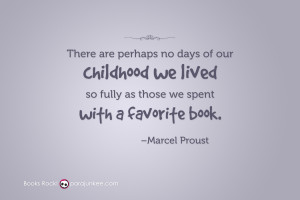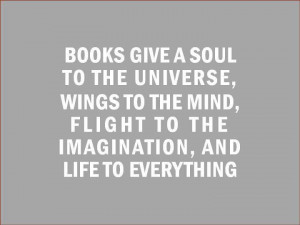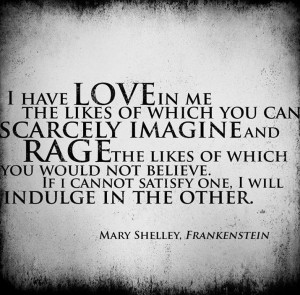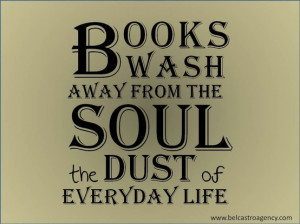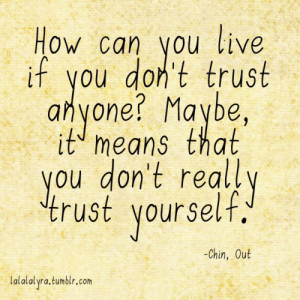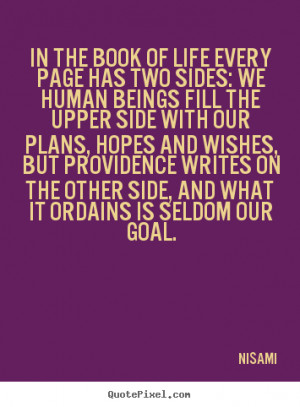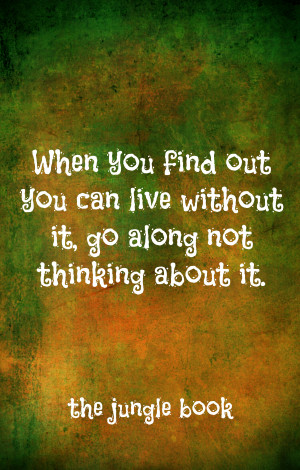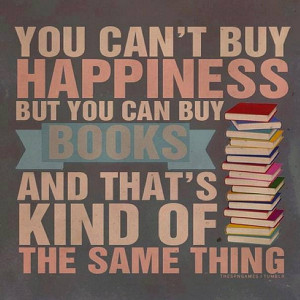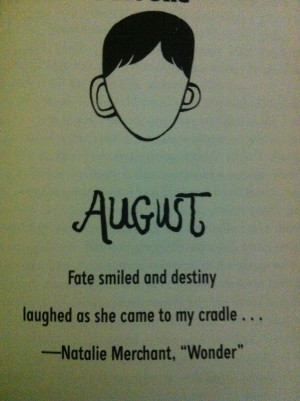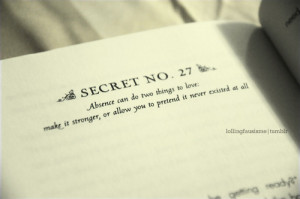Novel Quotes
I pretty much drink a cup of coffee, write in my journal for a while, and then sit at a computer in my office and torture the keys. My one saving grace as a writer is that, if I'm having trouble with the novel I'm writing, I write something else, a poem or a short story. I try to avoid writer's block by always writing something.
We never had books at home, but my dad, seeing how keen I was to read, took me to Islington Library when I was about eight and we pulled out two - a Biggles and a science fiction novel. I never got the ace fighter pilot but fell in love with all things to do with the future and space. Isaac Asimov soon became my guiding star.
At the school I attended, the clergyman who ran the cathedral school in Shanghai would give lines to the boys as a punishment. They expected you to copy out, say, 20 or 30 pages from one of the school texts. But I found that rather than laboriously copying out something from a novel by Charles Dickens, it was easier if I made it up myself.
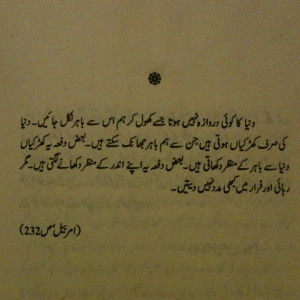
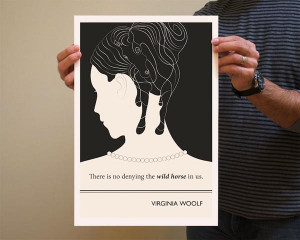
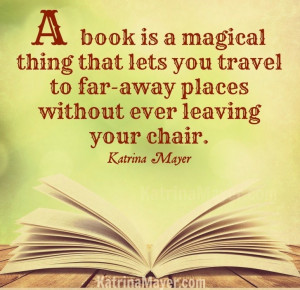
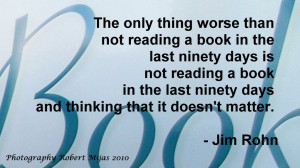
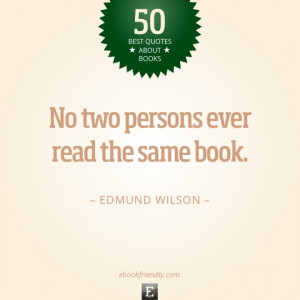
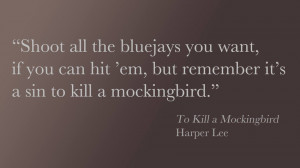
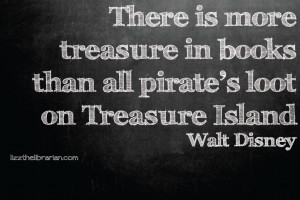
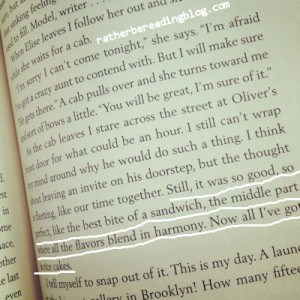
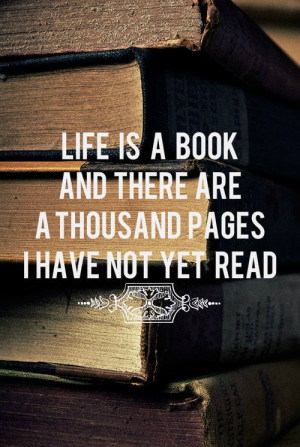
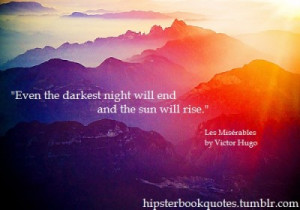

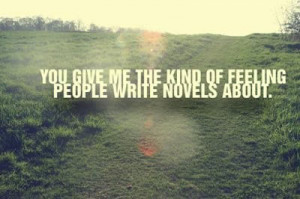
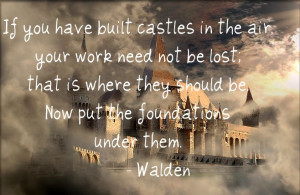
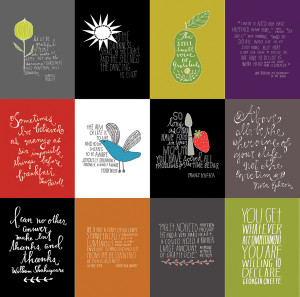
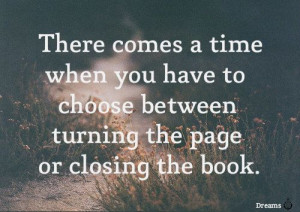
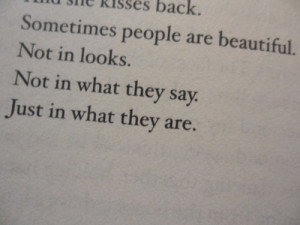
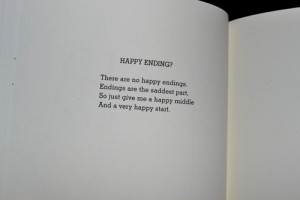
![Best of Book Quotes, [2]](https://cdn.quotesgram.com/small/34/48/777414232-bookquote7.jpg)
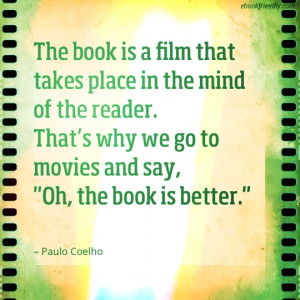
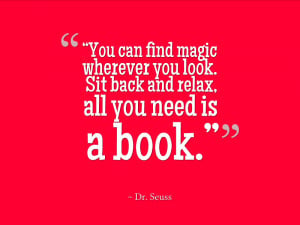
![Best of Book Quotes, [2]](https://cdn.quotesgram.com/small/21/92/23942524-bookquote8.jpg)
